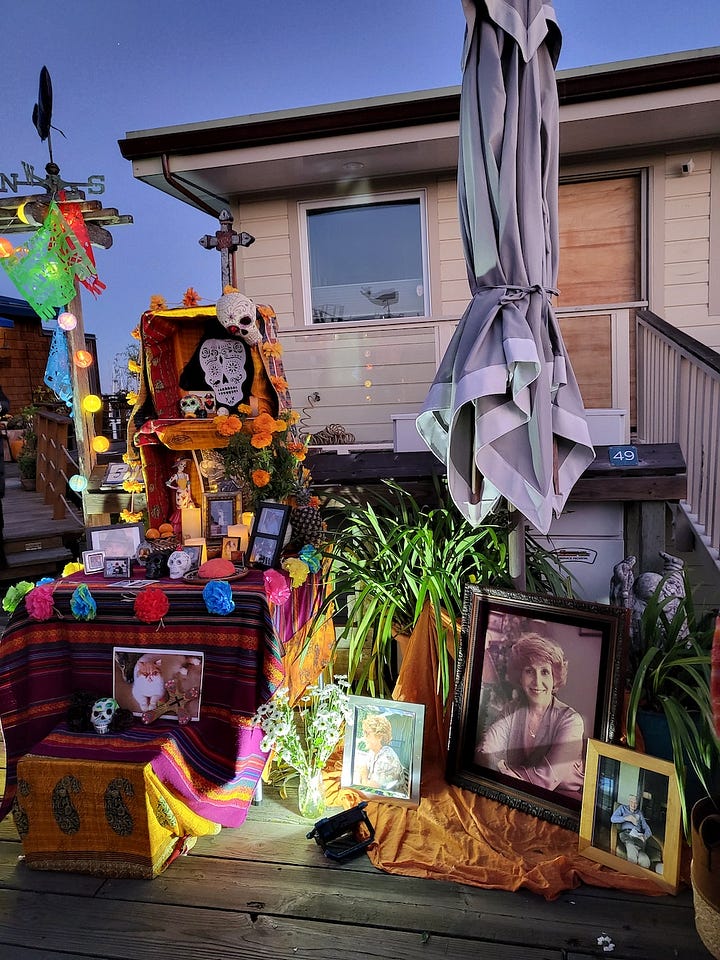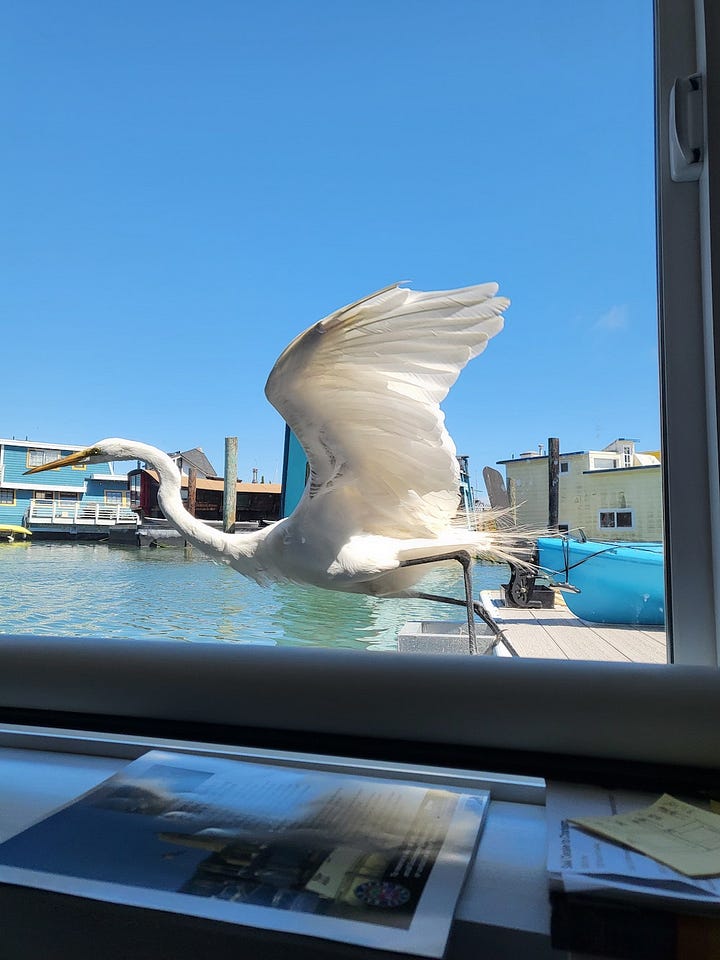Early in my fundraising career, a wise colleague and I had lunch with an important donor. Moments after we were shown to our table, I brought up business, believing that we had a short time to accomplish a great deal. On our drive home he coached me on the value of small talk, something that – at the time – seemed frivolous to me when we were under funding pressures and deadlines.
Now I live on a houseboat. The dock is a place where people – even if they don’t know you - say hello when they pass. If you ask, “How’s it going?” these neighbors will do something that felt entirely foreign to me when I moved here. They stop and talk to you.
This used to annoy me.
I was in a hurry! So much to do and, knowing me, I’d probably waited until the last minute because I was so busy doing other important stuff before I left home.
Deadlines are real. Grant applications and reports need to be submitted (and reviewed and approved) on a schedule. We pay bills late, we get a fee. But people are more important.
Maybe it’s the dock that has changed me. I join a weekly mediation practice with my favorite Zen teacher and author where I can clear my mind and be part of a community. I am incredibly fortunate to have friends who continually wow me with the depth of our conversations. I often ask really simple questions, yet they reply with unhurried sincerity and openness. Ironically, it doesn’t usually take long.


Philanthropy is, according to Merriam, “goodwill to fellow members of the human race.” That’s not something we achieve on a rigid schedule.
This space to connect and learn from others – from the big community issues that we want to figure out together, to our small daily interactions – is not possible when our mind is focused on a deadline. I now close my laptop when my sweetheart asks me something. It may be an ordinary question, but he is anything but – and certainly a higher priority than any self-inflicted or external due date. Our ambitions to Do Good are also deeply personal.
When I teach major gift fundraising, I talk a lot about not making assumptions, instead asking open-ended questions to learn why a donor gives. The answers are often surprising, and always lovely.
You may know from last week’s post that I just lost my dad. Two years ago I was in a housing transition – a wanderer’s gift of time. So I asked if he would like me to live with him in the single family home where he had been alone for 7 years since he lost his sweetheart. (He was then 94, and now seemed like good timing.) My partner thought I was crazy. At least one of my kids thought I was crazy. And sometimes I was crazy in that isolated existence, far away from the family and neighbors I love. But there was no deadline more important.
That long-ago colleague’s speciality was planned giving. He was no stranger to the long game, but it took me a while to learn.




